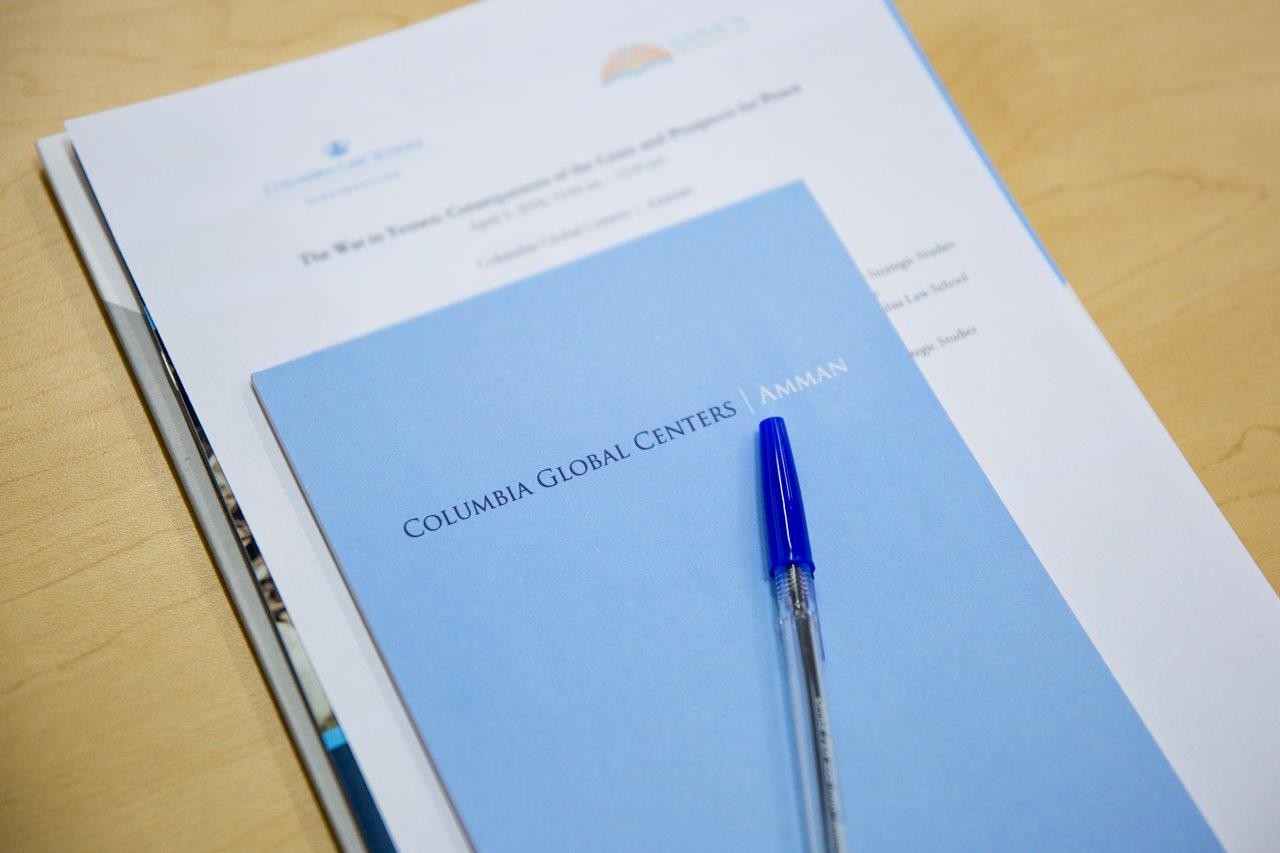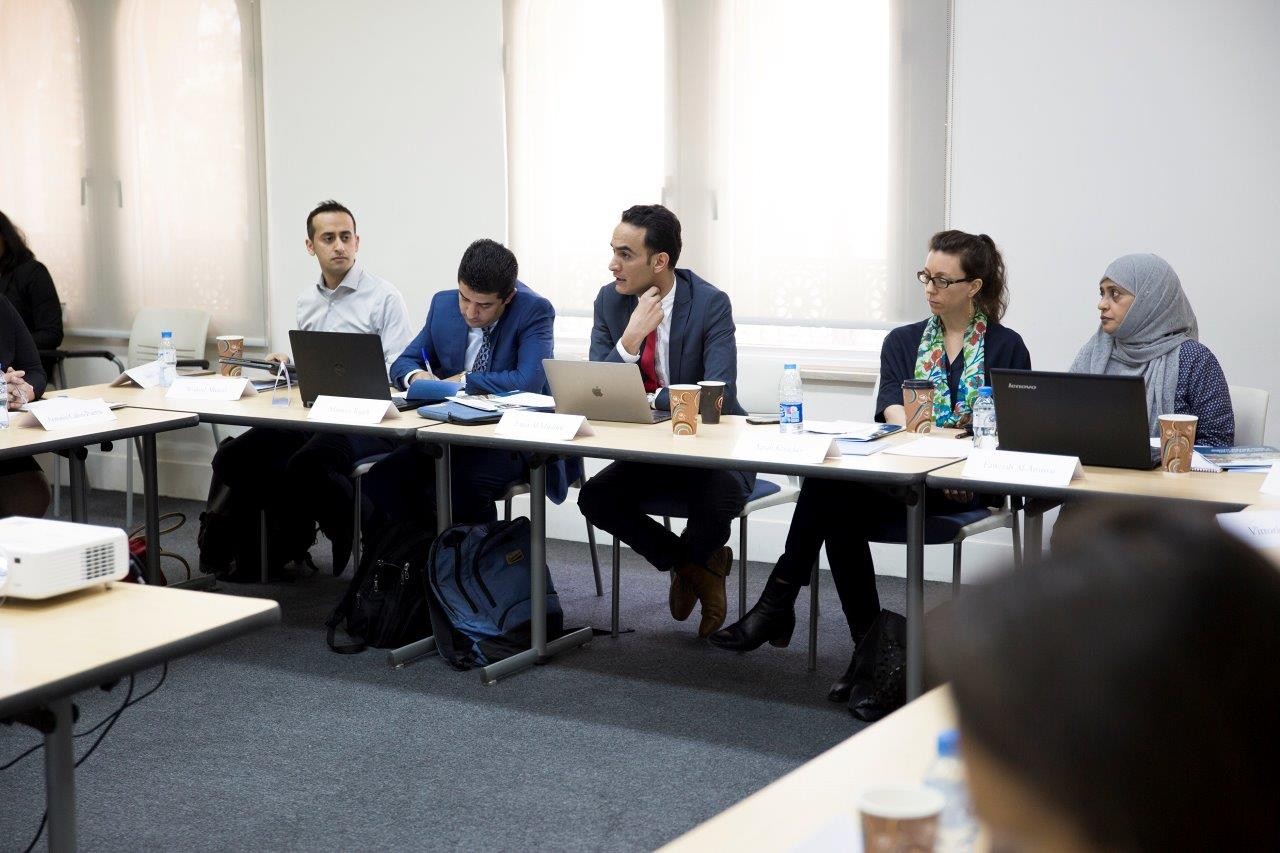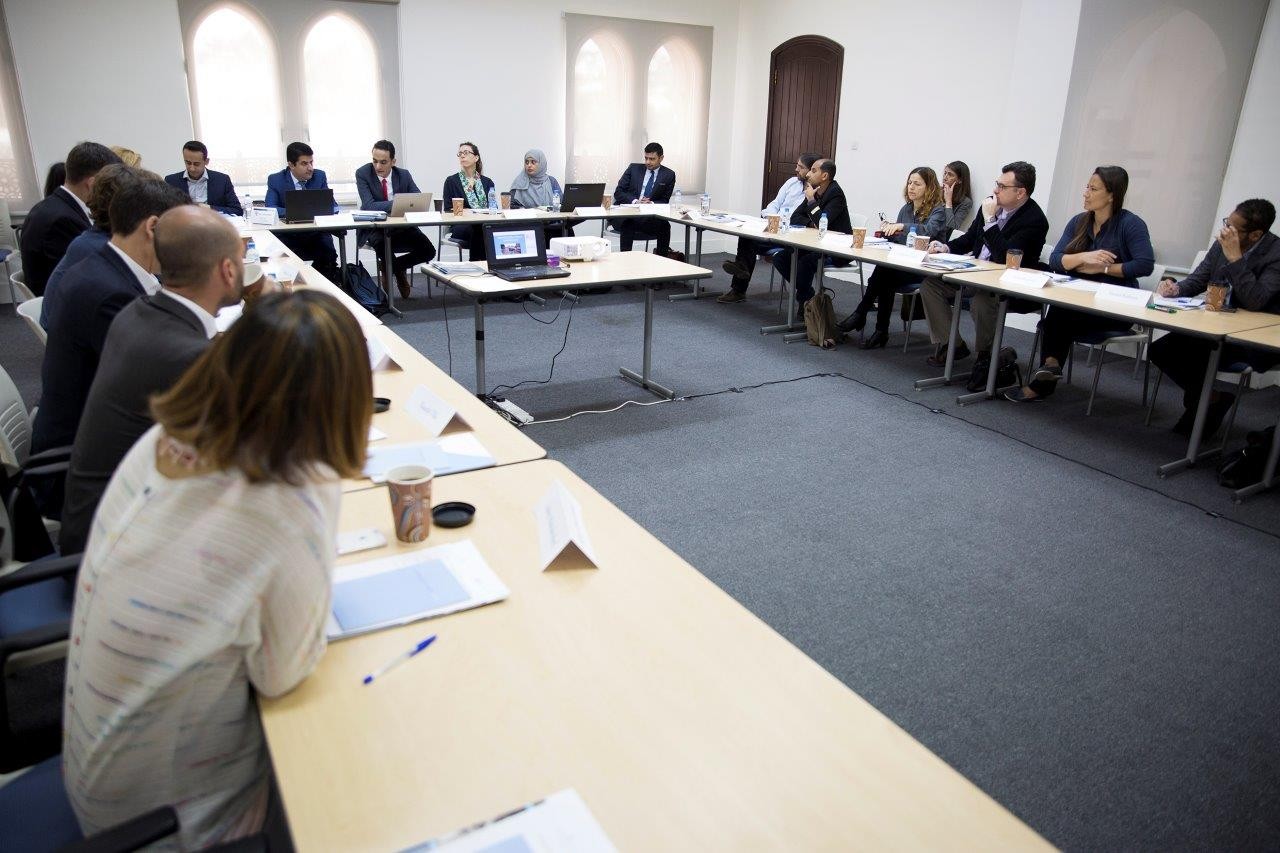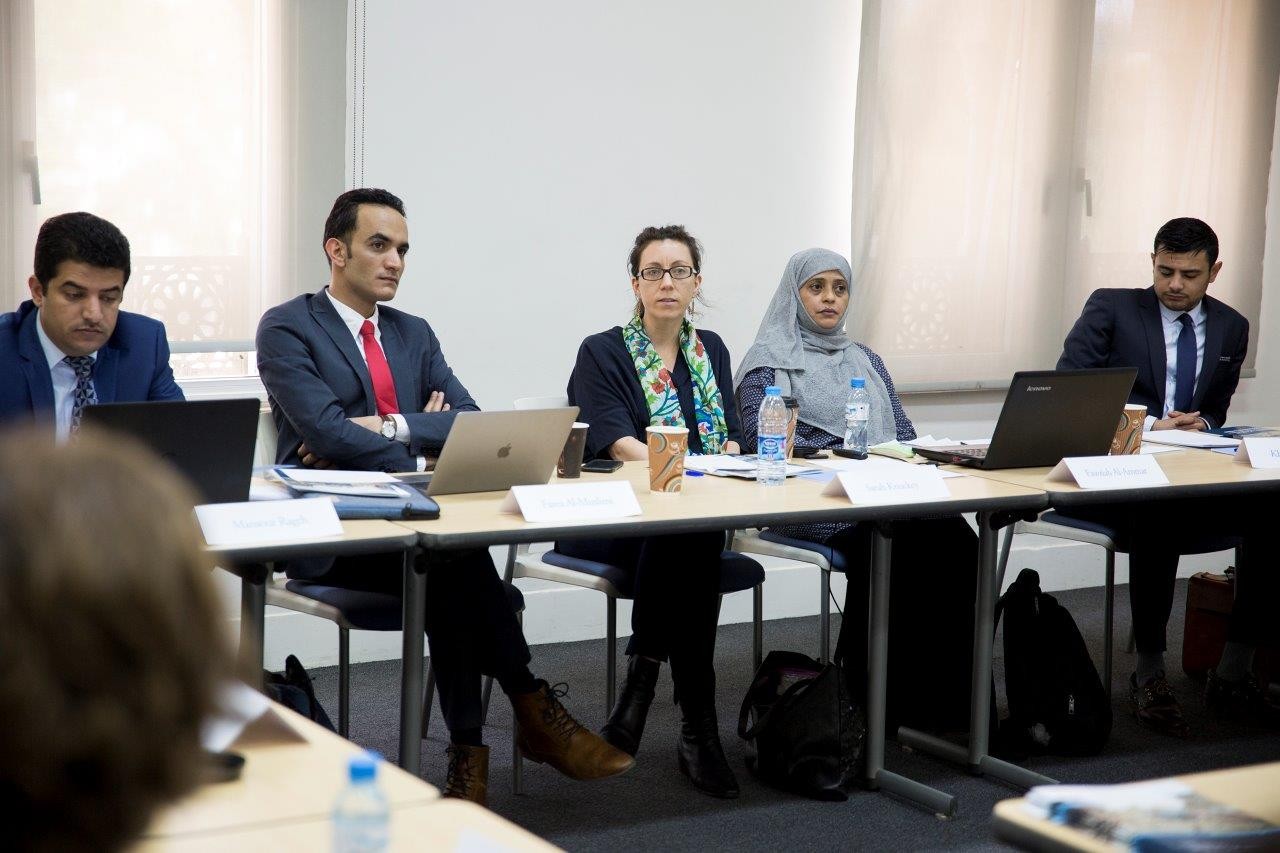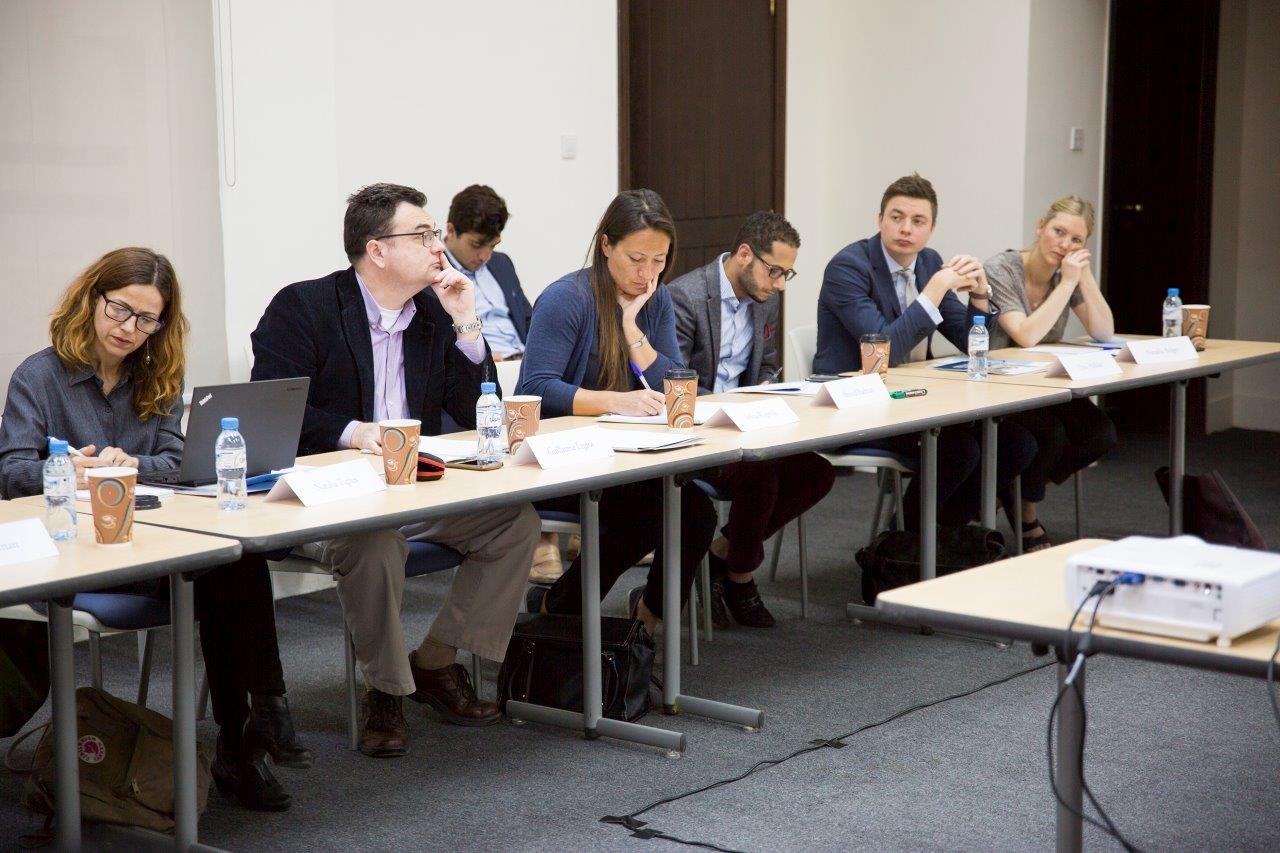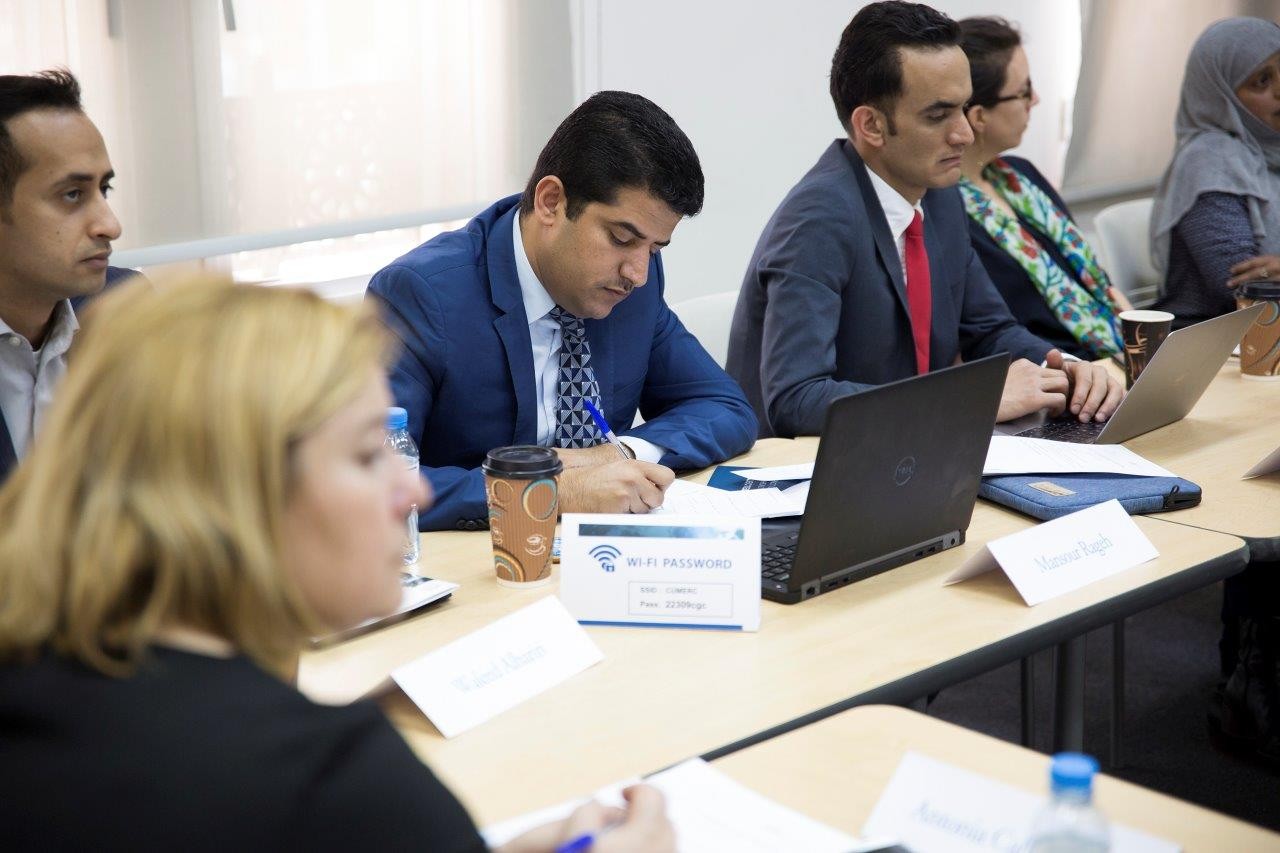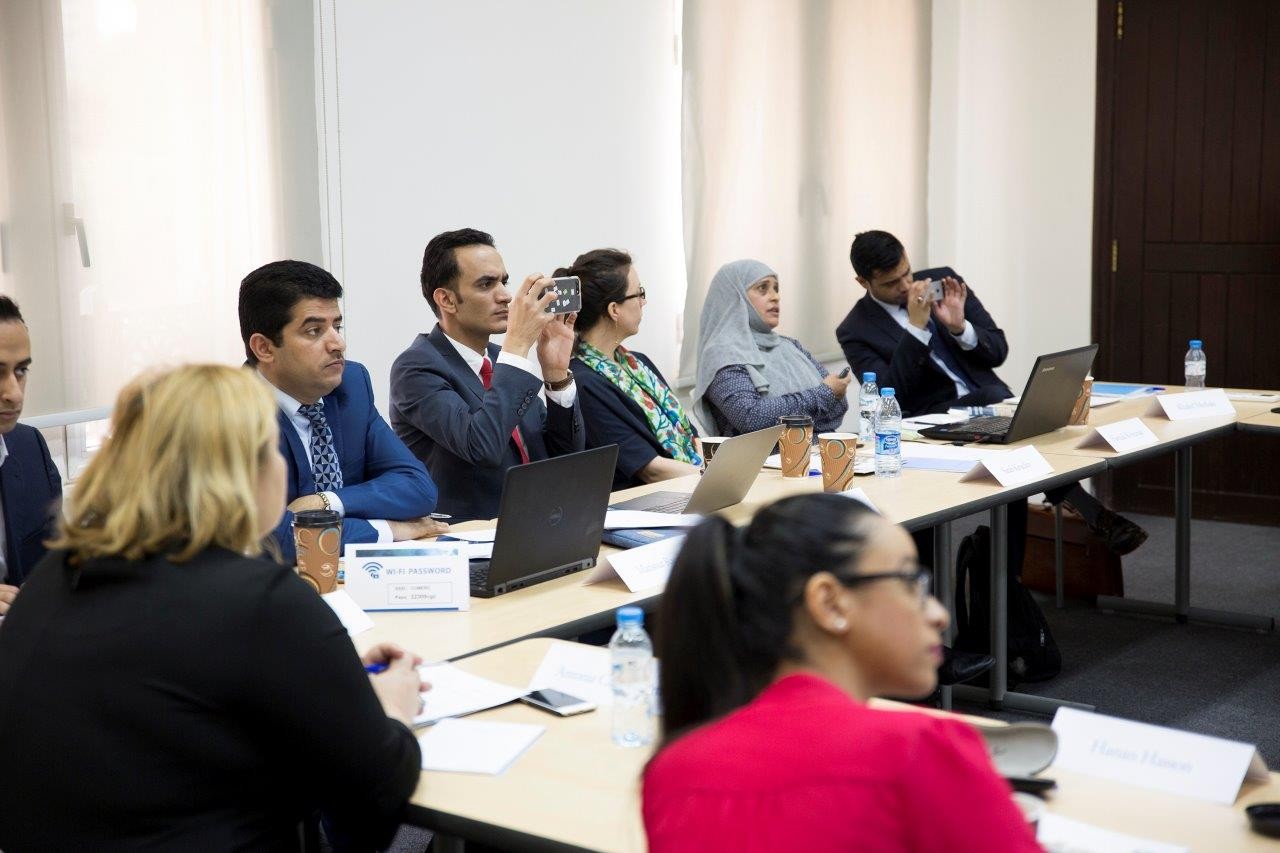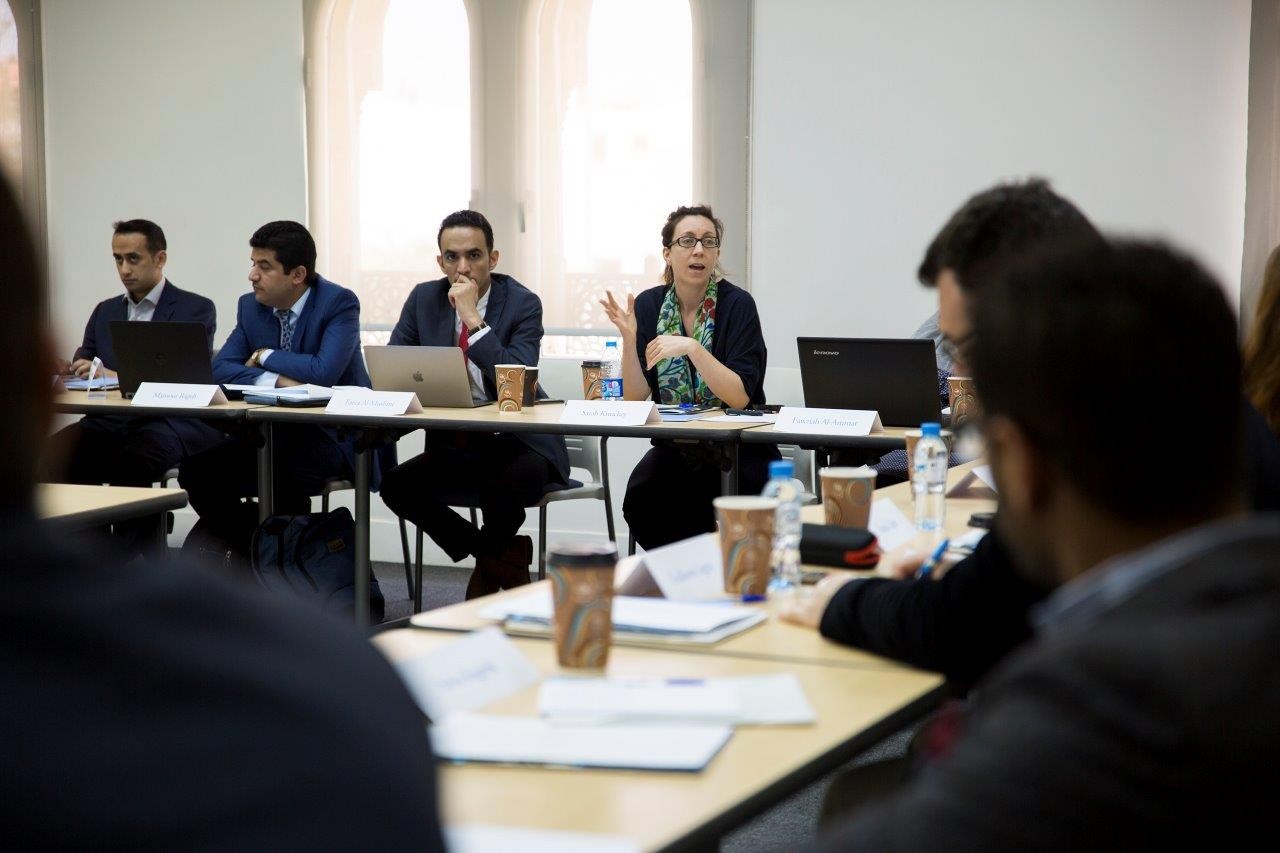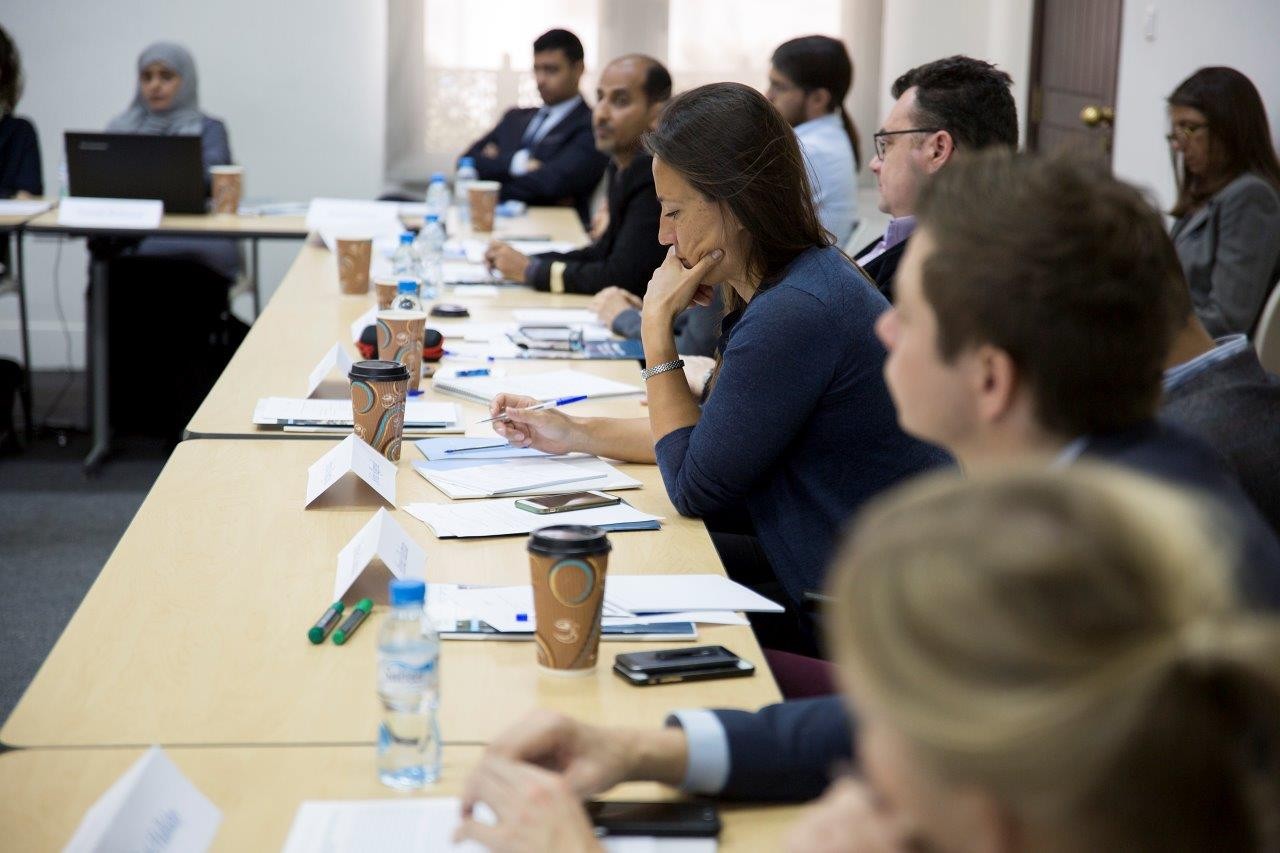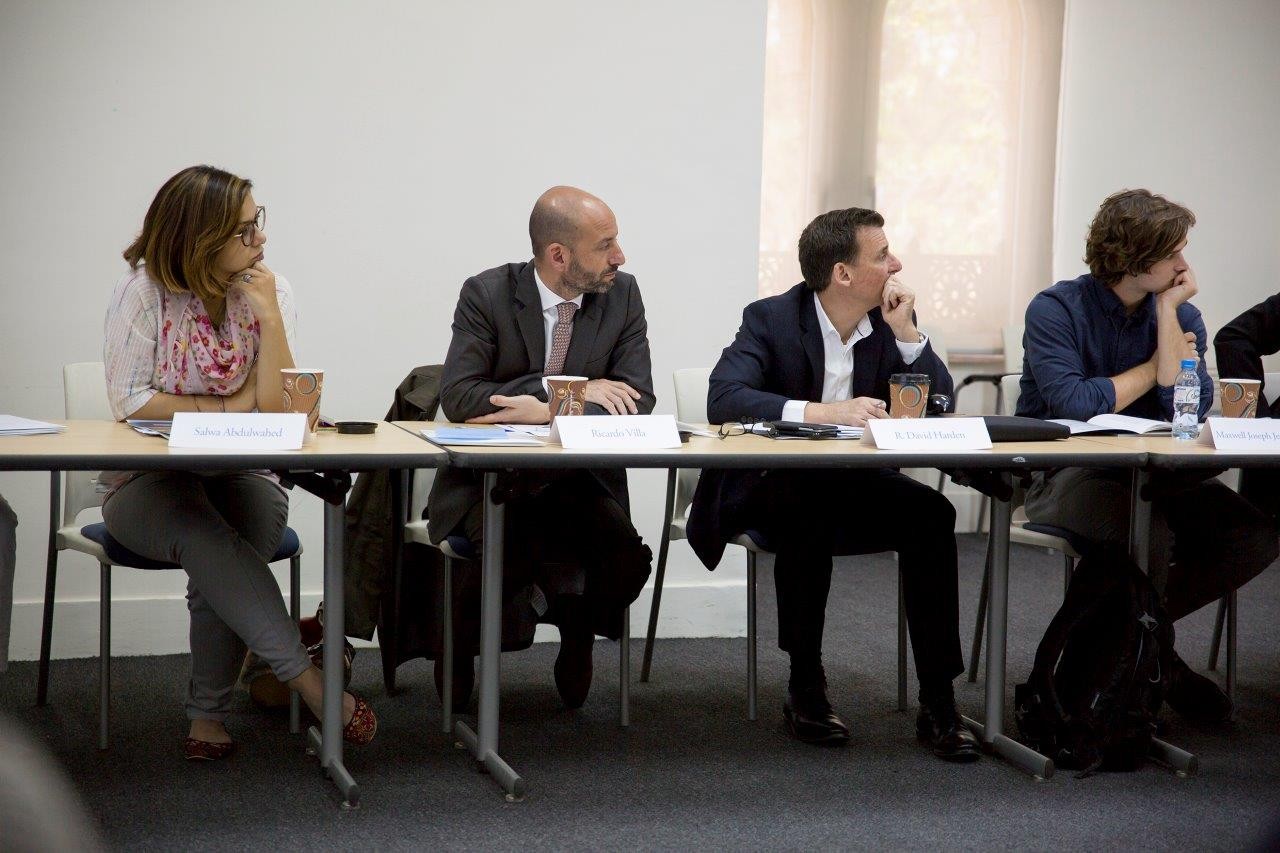The Columbia Law School Human Rights Clinic, the Sana’a Center for Strategic Studies and Columbia Global Centers | Amman brought together an interdisciplinary panel to discuss the consequences of the conflict in Yemen, and strategies to address mental health in humanitarian and conflict resolution efforts. Experts from the fields of public policy, international relations, public health, human rights, and economics convened to address some of the significant, yet infrequently discussed challenges of the war in Yemen, and opportunities to address them. This meeting formed one part of a series of events to develop an understanding of past and present Yemen, by bringing to the forefront neglected crises in Yemen and identifying the role of local and international stakeholders, including the UN, to resolve the conflict
Three main objectives were met at the meeting at the Amman Center on April 4, 2018:
First, participants highlighted the implications of the war on the mental health and well-being of Yemenis. Despite the known long-term adverse psychological effects of war, mental health issues in Yemen have largely been neglected by both domestic authorities and the international community. The extreme paucity of research and analysis regarding mental health and psychosocial well-being in Yemen inhibits understanding of the issue and the building of evidence-based recommendations and action.
Second, the economic consequences of the conflict were examined, by looking at the current economic situation in Yemen and discussing the opportunities for successful economic, humanitarian and development interventions in both mid-conflict and post-conflict settings. There is a strong need for empowering Yemeni voices in contributing to development priorities and building consensus on key economic issues and approaches. It also aimed to highlight the private sector’s role in responding to the crisis.
Third, the event discussed the prospects for peace in Yemen through various perspectives. Experts from the Sana’a Center discussed the lessons learned from UN-led mediation and conflict resolution efforts in Yemen, and opportunities for action. To this end, the Columbia Human Rights Clinic introduced research and findings on the existing links between mental health and attitudes towards peace processes, and the need for comprehensive Yemen-specific studies to complement the ongoing peace efforts.

